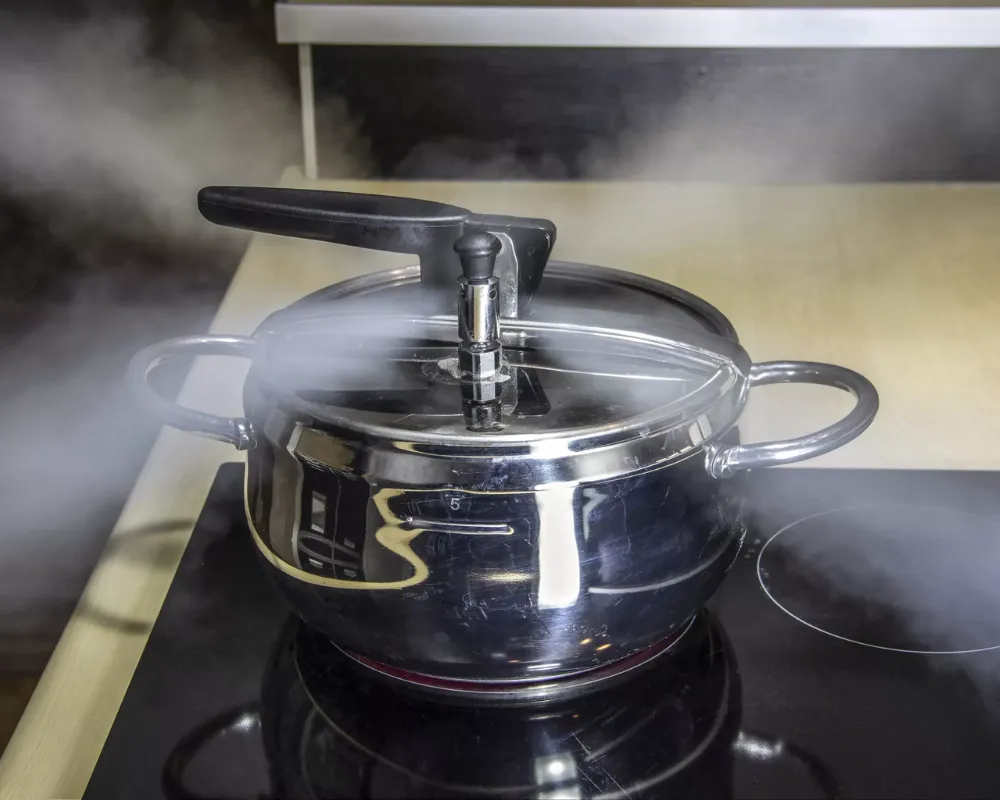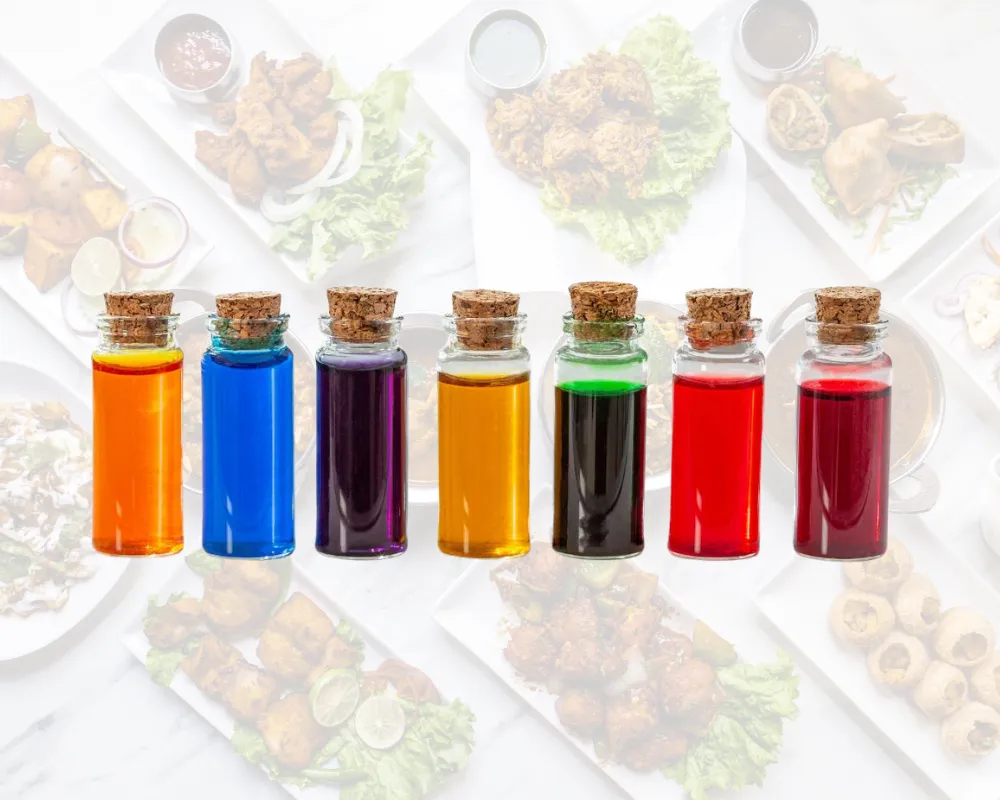In a stern warning to the public, Karnataka Health Minister Dinesh Gundu Rao has revealed that a prominent Bengaluru-based restaurant chain was found to be using banned synthetic food colouring in its dishes. The minister’s statement, made during a media briefing, was a part of the government’s ongoing campaign to crack down on food adulteration and ensure public health. He urged citizens to be more vigilant and not to be "fooled" by attractively coloured dishes, emphasizing that a culture of demanding quality is essential for long-term change.
The controversy arose after the state's food safety department conducted a special drive and collected samples from multiple outlets of a well-known restaurant group. Test results from the State Food Laboratory confirmed that the food items were "unsafe" for consumption due to the presence of banned synthetic colouring agents. The minister did not name the specific chemical in his latest statement, but he has been at the forefront of a series of crackdowns that have previously targeted the use of industrial dyes like Rhodamine-B, as well as artificial colours like Sunset Yellow and Carmoisine, in popular dishes such as Gobi Manchurian and kebabs.
According to the minister, the restaurant group had been warned repeatedly about the use of these unsafe agents. "Despite repeated warnings, the restaurant group continued to use the unsafe colouring agent. Only after legal notices were sent did the colour go from red to yellow," the minister told reporters, highlighting the persistent defiance by some establishments. He stressed that while the government is doing its part by legally tackling the issue, public demand is the ultimate driver of change. "Yes, the government needs to do its part and tackle this legally, but people too should cultivate a quality-conscious culture," he said.
The use of these banned coloring agents poses significant health risks to consumers. Rhodamine-B, a chemical originally intended for use in textiles, is considered a carcinogenic substance. Its consumption has been linked to severe health complications, including cancer. Similarly, other banned artificial colours like Sunset Yellow and Carmoisine have been associated with a range of health issues, including allergic reactions and hyperactivity in children. The minister has previously warned that any restaurant found in violation of these rules could face a prison sentence of up to seven years and a fine of up to ₹10 lakh, demonstrating the government's resolve to enforce food safety standards.
This recent incident is not an isolated case but rather part of a broader, sustained effort by the Karnataka government to ensure that food served in restaurants and street stalls is safe. Earlier, the government had successfully implemented a ban on using plastic sheets to steam idlis after tests revealed that carcinogenic materials were leaching into the food. These initiatives are a clear sign of the government's commitment to prioritizing the health and safety of its citizens. The minister also mentioned that the government is working on a new app to track and control drug safety, which is expected to be functional by the end of the month, indicating that the focus on quality control extends beyond just food.
The minister's appeal to the public to be discerning consumers and to question the origin and quality of their food is a crucial step. By making food safety a collective responsibility, where both the government and the public play a proactive role, Karnataka is setting an example for other states. The incident serves as a critical reminder that a dish's vibrant colour may not always be a sign of its freshness or quality but could, in fact, be a red flag for dangerous practices that compromise public health.







Leave a Reply